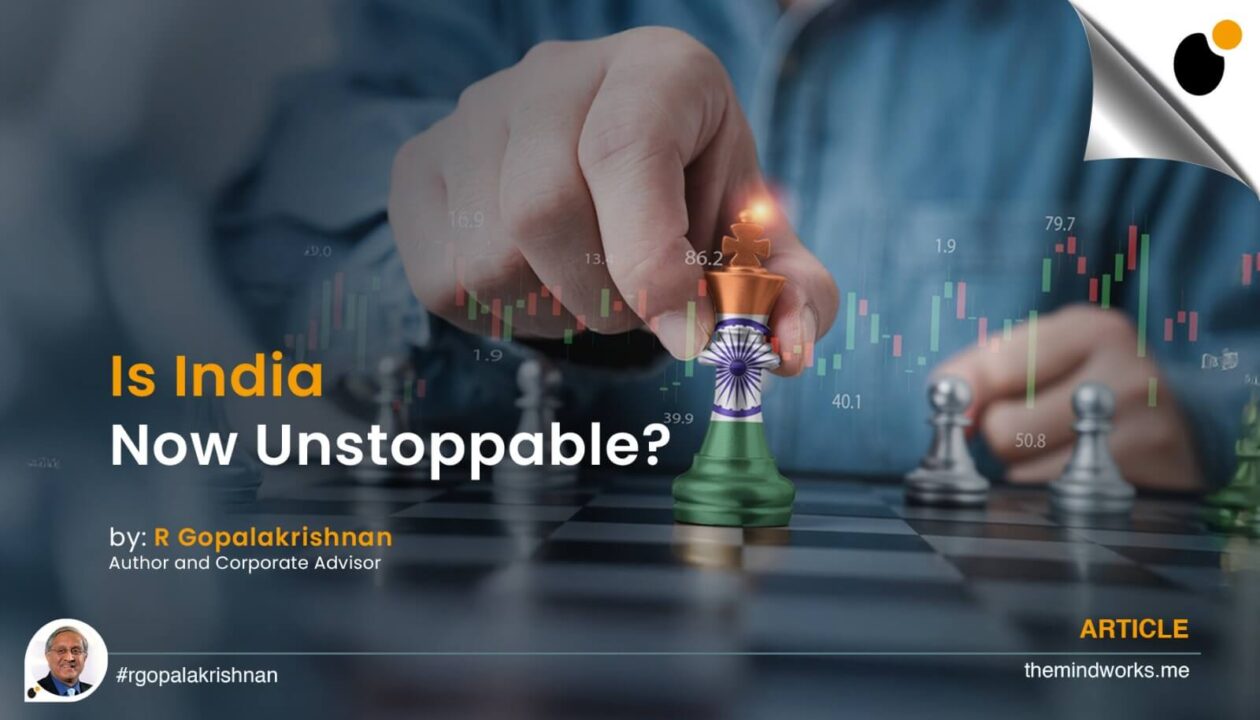Only some leaders combine charisma, megalomania, and cult. The combination is rare and toxic, and the outcome is lethal. In my column last month, I wrote about what happens when megalomania combines with cult. One reader asked the outcome if charisma was added to the leadership menu of megalomania and cult. The answer is blowing in the wind.
Harvey Weinstein is charismatic. As a film producer, he is also a cult figure. Since upcoming youngsters believe that association with him is worth a huge price, megalomania sets in. Watch the Netflix movie about Harvey Weinstein to appreciate the cumulative effects–t is titled She Said.
Megalomania
Authority derives from three sources. First, and oldest, is charismatic authority, which derives from achievements, character, heroism, and demagoguery, like Alexander or Cyrus. Second is traditional authority, which, for example, facilitates acceptance of the son of the founder as the new CEO in a family-managed enterprise. Third, and most modern, is rational-legal authority, which imputes authority to an administrative position, for example, an appointed judge or bureaucrat. There are other definitions, but these are the important sources of authority that are at the root of megalomania.
Charisma
According to sociologist Max Weber, charisma is the perceived supernatural quality of an individual that sets that person apart from other human beings. For centuries, charisma (a subjective perception) and rationality (an objective reality) could not coexist. Weber opined that the triumph of post-enlightenment western society was that the individual and office had been separated through a rational view of authority. Charisma is like the price of shares; it is based more on future expectation of performance. This is why celebrities recommend products ranging from underwear to pan masala. Their charisma is assumed to transfer to the product.
Readers would be familiar with the charisma attributed to business leaders like JRD Tata and Keshub Mahindra. From the world of gurus, there are Sri Sri Ravishankar and Sadhguru. Politics, films, sports, all these fields produce charismatic heroes. A few of them live up to the image, but many are seen, especially with hindsight, to have been incompetent, toxic, or fraudulent.
Cult
It is an organized group whose purpose is to deify an individual. Members are manipulated through psychological and pressure strategies, and they brook no criticism of their leader. In turn, the leader nurtures an imagined existential threat from unnamed outside forces. The cult members regard the leader as the exclusive authority to know the ‘right’ path. Such leaders love praise for sure.
During his lifetime, when Gandhiji was referred to as Mahatma, he expressed his disapproval of being so called. While he was alive, Jamsetji Tata did not brand any venture as Tata. His early ventures were Alexandra Mills, Empress Mills, and Indian Hotels. After his death, his successors associated his name with new ventures. Through the practices of his successors, TATA became the most admired and valuable corporate brand in India, worth several billions of dollars now.
Too much or too little of a good thing is dangerous. Hence the value of moderation. In chapter 6, verse 17 of the Bhagavad Gita, it is stated, “Yuktahara Viharasya, Yukta Chestasya Karmasu, Yukta Swapnava Bodhasya, Yogo Bhavati Dukhasya”, which is a call for mitigating sorrows by moderation in eating and recreation, by balance in work, and by regulation of sleep.
All combined
Why is the combination of cult, megalomania and charisma toxic? Because the leader starts to believe in his divinity and defies mortality and fallibility. The leader, who is trapped in a syrup of megalomania, charisma and cult, displays what author Morgen Housel terms as “the dumber side of smart people.” These are: first, very smart people try to intelligently explain every little event, like why the stock market moved up or down yesterday; second, smart people feel so much pressure to maintain their intellectual reputation that they fail to change their minds even when it is called for; third, being smart makes it difficult to listen to people, especially if you believe that they are less smart than you!
Which is more dangerous, megalomania, charisma or cult? Charisma by itself cannot be considered dangerous. When a charismatic leader acquires a cult status, and, further, becomes megalomaniacal, then beware. You have a sure recipe for danger.



